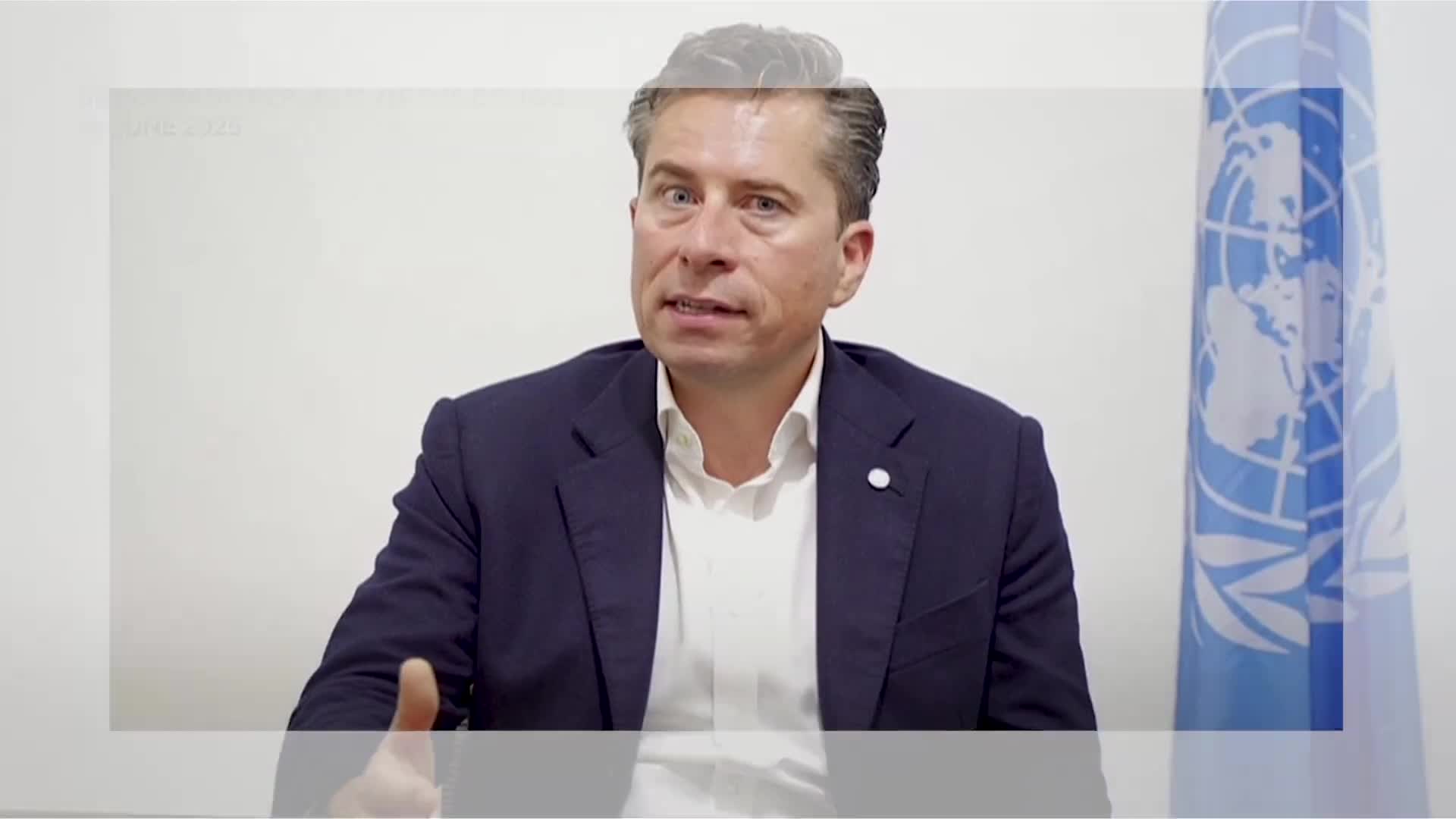UN humanitarian leader calls for 1% defense spending to save 14 million lives
June 28, 2025 | United Nations, Federal
This article was created by AI summarizing key points discussed. AI makes mistakes, so for full details and context, please refer to the video of the full meeting. Please report any errors so we can fix them. Report an error »

In a powerful appeal during the United Nations meeting on the Democratic Republic of the Congo (DRC) crisis, humanitarian leaders emphasized the urgent need for increased funding to address the dire conditions faced by millions. The meeting highlighted the harrowing experiences of women and children affected by ongoing violence and conflict, with many survivors sharing their struggles to rebuild their lives amidst overwhelming trauma.
The discussions underscored the critical choices that communities must make daily, often between life and death. Survivors of violence expressed urgent needs for basic necessities such as water, shelter, and medical care. The humanitarian crisis has reached a point where cuts to essential services are resulting in preventable deaths, making immediate action imperative.
A recent global humanitarian overview was presented, revealing that with adequate funding, 14 million lives could be saved this year alone. The call to action is clear: the humanitarian community is seeking just 1% of the global defense spending from the previous year to meet these urgent needs.
Leaders at the meeting expressed optimism about the potential for a movement to rally support for this cause, emphasizing the importance of human kindness and solidarity in overcoming the challenges faced by those in the DRC. The commitment to finding and mobilizing support for humanitarian efforts remains strong, as the situation continues to demand immediate and sustained attention.
The discussions underscored the critical choices that communities must make daily, often between life and death. Survivors of violence expressed urgent needs for basic necessities such as water, shelter, and medical care. The humanitarian crisis has reached a point where cuts to essential services are resulting in preventable deaths, making immediate action imperative.
A recent global humanitarian overview was presented, revealing that with adequate funding, 14 million lives could be saved this year alone. The call to action is clear: the humanitarian community is seeking just 1% of the global defense spending from the previous year to meet these urgent needs.
Leaders at the meeting expressed optimism about the potential for a movement to rally support for this cause, emphasizing the importance of human kindness and solidarity in overcoming the challenges faced by those in the DRC. The commitment to finding and mobilizing support for humanitarian efforts remains strong, as the situation continues to demand immediate and sustained attention.
View full meeting
This article is based on a recent meeting—watch the full video and explore the complete transcript for deeper insights into the discussion.
View full meeting